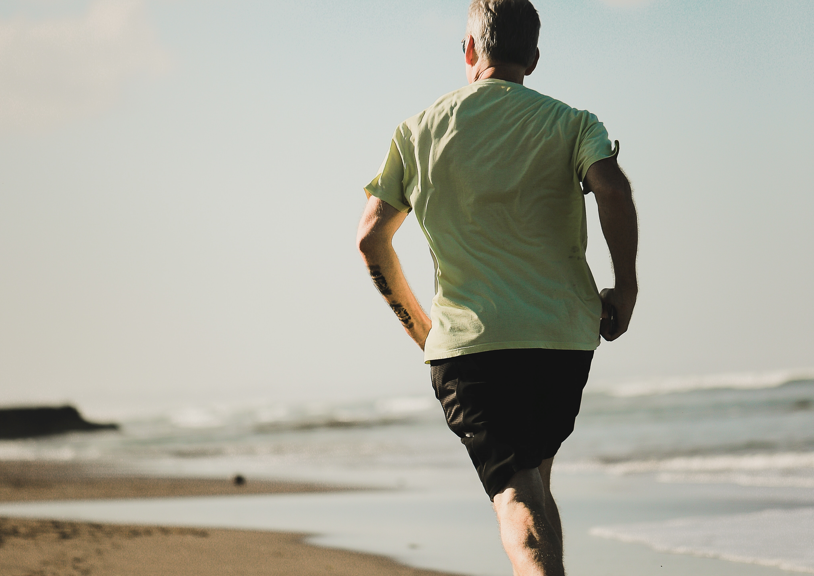Smoking and lack of exercise can make you more susceptible to a respiratory infection—including, perhaps, COVID-19
Research from the Association for Psychological Science has found that smoking, a lack of exercise, and emotional stressors such as social isolation and interpersonal conflicts often coincide with respiratory infections such as influenza and the common cold.
The findings were published in a recent article in the journal Perspectives on Psychological Science.
“In our work, we intentionally exposed people to cold and influenza viruses and studied whether psychological and social factors predict how effective the immune system is in suppressing infection, or preventing or mitigating the severity of illness,” explained Sheldon Cohen, one of the paper’s authors, who carried out the research through a series of studies over 30 years.
“We found a strong correlation between social and psychological stressors and increased susceptibility.”
Isolated people and those who smoked or exercised little were less able to fight off viruses when they became infected. Their body reacted to the virus with an overproduction of inflammatory chemicals in the body called cytokines, making it harder to recover and leading to more serious symptoms.
Those who had a strong support system of family and friends tended to see lower rates of infection, leading researchers to suggest that social integration may provide a “protective shield” against infection.
“If you have a diverse social network, you tend to take better care of yourself by not smoking, drinking moderately, sleeping more and exercising,” Cohen said.
“If people perceive that those in their social network will help them during a period of stress or adversity, then it attenuates the effect of the stressor, and is less impactful on their health.”
While the study didn’t focus on COVID-19, research into the novel coronavirus has shown that an excess of inflammatory cytokines tends to coincide with the most severe cases, suggesting stress and social factors could play a significant role in a person’s recovery. While the link between social and behavioural factors and COVID-19 are still uncertain, Cohen said it’s possible the findings of his paper could be applied to COVID-19, as well.
Photo: iStock/Motortion.






